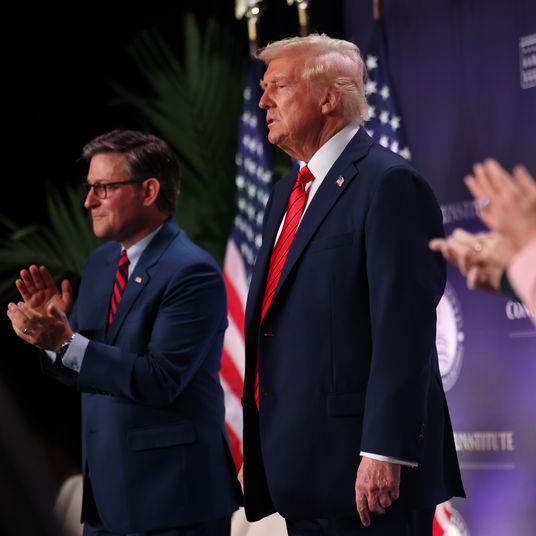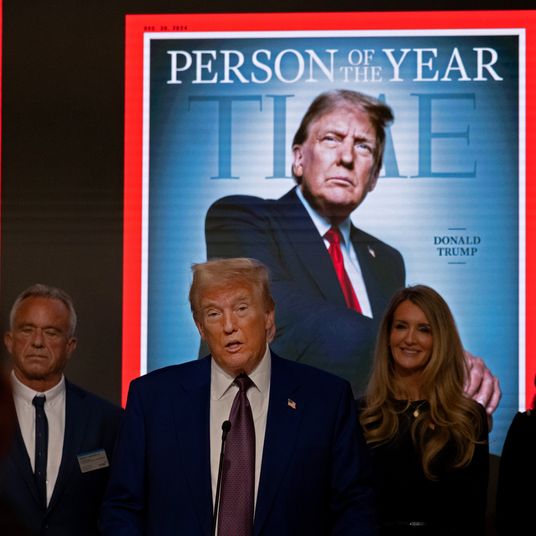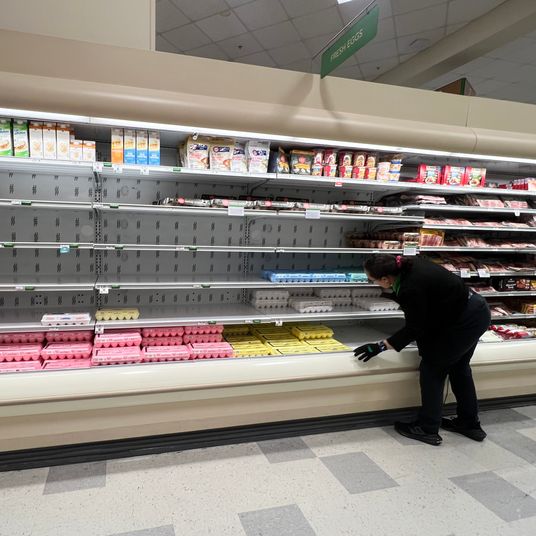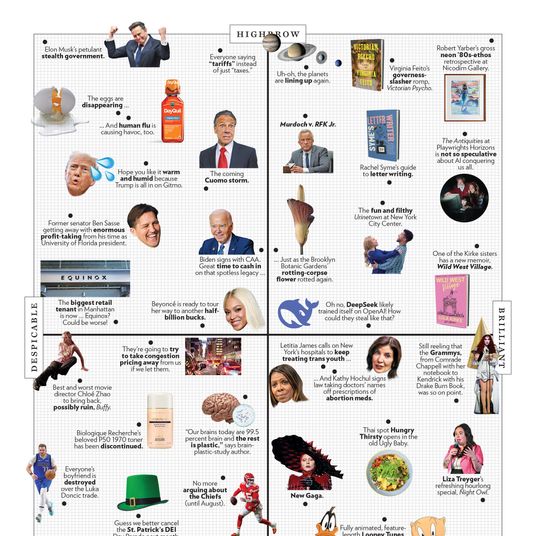The political landscape has rarely looked grimmer for the Democrats than it does right now, with President Obama’s approval ratings dropping, his Party sinking into despair, and the one thing that could save his reelection — the nomination of Rick Perry — suddenly staggering. Yet two things have happened within the last month that provide a faint glimmer of hope for the Democrats. The first is Obama’s American Jobs Act. The second is the growing Occupy Wall Street movement.
At first glance, obviously, these two things could hardly be more different. The first is a slick inside-baseball ploy crafted by a team of strategists and political message-meisters to appeal to the center. The second is a spontaneous, diffuse outpouring by assorted radicals and disgruntled folk. Both of them, in different ways, attack the central problem faced by the Democrats, which is that Americans hold them responsible for the state of the economy.
The American Jobs Act is Obama’s attempt to expose the House Republican double game. The GOP has taken control of the national agenda, cutting spending and attacking regulatory agencies. John Boehner boasted that, by holding the debt-ceiling hike hostage, he got 98 percent of what he wanted — a wild exaggeration, but representative of the truth that Republicans were playing on their side of the field. If economic paralysis has resulted from business fearing Obama’s taxes and regulation — a thesis debunked by Larry Mishel — then surely the Republican offensive would have brought prosperity.
This is the contradiction Obama has sought to tease out with his jobs plan: Republicans are taking credit for the direction of policy, but blaming Democrats for results. Obama hopes to shift the focus of attention in Washington from himself to Congress — they, not he, are blocking further action to alleviate the economic crisis.
The Occupy Wall Street protests, for their part, shine a spotlight on an industry that has attracted mass disgust yet escaped accountability. Almost everybody hates Wall Street, but the anger at Wall Street was deflected to the financial bailout, and thereby (even though it preceded him) to Obama. In a development that may have appeared shocking three years ago, Wall Street has resumed its place of privilege in Washington. Politicians are courting the financial industry, its barons speaking out with pre-crisis confidence. The Republican Party has openly pledged to kill the Dodd–Frank regulations.
The protests, for all this incoherence, restore Wall Street to a central place in the economic narrative. Here is the financial industry, not just as recipient of taxpayer funds but as originator and aggravator of the crisis. The protests may not have an agenda, but they do not need an agenda other than to return political focus onto Wall Street.
The larger role of the protests, should they continue, ought to be to reestablish the terms of the political debate. Historically, liberalism best succeeds when compared against a radical alternative. In the thirties and sixties, fear of extremism and mob violence made business elites eager to accept liberal compromise designed to preserve the system. Since 2009, the question of how to respond to the economy has been framed as a debate between meliorative liberalism and vicious reaction. In this climate, Wall Street has been howling about Obama’s mild verbal scolding of the industry, his plans to impose some measure of regulation upon it, and ever-so-slightly raise the tax levels of the very rich.
The protests can usefully re-center the debate. When Wall Street CEOs are expressing even tepid fear for their personal safety, terms like “class warfare” might start to be reserved for more stringent measures than the return of Clinton-era tax rates.
The coverage of both Obama’s plan and the protests has focused on the question of what new laws they can accomplish. That is the wrong question. Gridlock in Congress will stop any new laws from passing, and the popular mood is far too sour to cohere behind any position agenda. Indeed, any figure group that remains in the public spotlight — Obama, the House Republicans, the tea party — will soon find itself the object of public disillusionment. The only way to win is to turn the spotlight onto somebody else.
Related: Meet the Occupants [NYM]






























